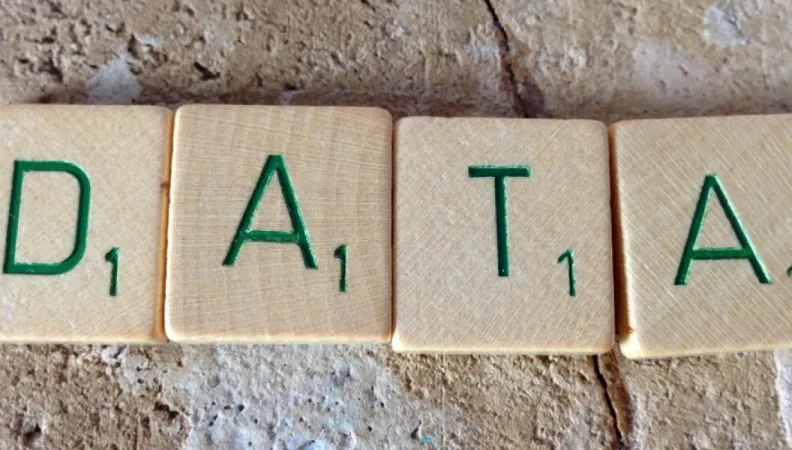Share the page
A Lack of Data Hindering the Fight Against Inequality
Published on

The fight against inequality is still facing a major obstacle: a lack of data preventing these inequalities from being measured accurately.
The same question is always being asked at development agencies and banks around the world, including the Agence Française de Développement (AFD): are the projects that are funded effective? To what extent are they benefiting the individuals whose living conditions they intend to improve?
This is true for projects related to access to health care, water, education, energy, housing and jobs. It is even more the case for projects aimed at fighting inequality. The United Nations sustainable development goal No.10 – “Reduce inequality within and among countries” – is currently facing a major obstacle: a lack of data preventing these inequalities from being measured accurately.
“The collection of reliable data from various sources is a central issue because it offers the only means of communicating a coherent message on changes in inequalities,” explains Gaël Giraud, AFD Chief Economist, at the conference on inequalities organised by AFD in Paris in early December.
Disability: greatly overlooked
However, in many countries, national statistics institutes do not produce sufficiently detailed data for measuring the different inequalities. “They operate independently, without thinking about the researchers and analysts who need precise data on income, access to education and health care,” explains Mathias Kuepie, a researcher at AFD.
In a manner of speaking, data is the crux of the issue. When we lack data, we no longer know whether inequalities are widening or being reduced. However, the data that is collected must also be relevant and comprehensive. This introduces another challenge facing specialists: which inequalities should be assessed and how closely should they be studied?
“Many different forms of discrimination and inequality exist. Some are the focus of much attention, while others are overlooked. For example, in many countries, disability is not taken into account in school systems. Inequalities must be treated as a whole to avoid making one seem more important than another,” explains Rohen d’Aiglepierre, an economist specialised in education and employment at AFD.
Inequalities in income are among the most studied issues. Yet questions remain as to whether income should be analysed based on individual income or that of the household. While the second option may be more insightful in assessing the family’s standard of living, it could also hide significant disparities between members of the household. Much of the research focuses on income disparities without considering the processes that led to these inequalities, such as the country’s economic growth.
Improving women’s access to employment
“In the countries where we work, we have been studying the number of years students spend in schooling for a long time. But without knowing whether the children have been working actively in the front row, or sitting passively in the back of the class. This type of data is not collected. It is therefore difficult to judge the quality of their education,” explains Rohen d’Aiglepierre.
“Similarly, if we want to reduce inequalities between men and women by promoting women’s access to the job market, we must be able to verify the quality of the job, and therefore be able to assess what a good quality job is and the positive and negative externalities related to the job,” he adds.
The challenge of assessment
And researchers’ challenges do not end there. Before they can advocate a given policy to fight inequality, they must first be able to assess what will work in a local context. However, assessing the results of a programme aimed at fighting inequality is far from simple.
Costly programs
The complexity involved in assessing inequalities can primarily be explained by the fact that “it is difficult for the poorest countries to fund the necessary studies,” Mathias Kuepie observes. These studies require significant and regular financial resources.
The Agence Française de Développement has therefore chosen to increase its support for research into inequalities in several regions in the world, thanks to a financial facility of €4 million from the European Commission for the 2017-2020 period.
“For example, we finance a programme to promote the socio-economic success of women in Burkina Faso. The idea is to identify the mechanisms that lead to the construction of inequalities between men and women in the labour market, by looking at different aspects of the lives of the individuals they interview: education, family, migration, professional life,” the researcher explains. There is therefore reason to hope that in a few years’ time, enough reliable data will be available to address increasing inequalities in the world—with maximum effectiveness.
